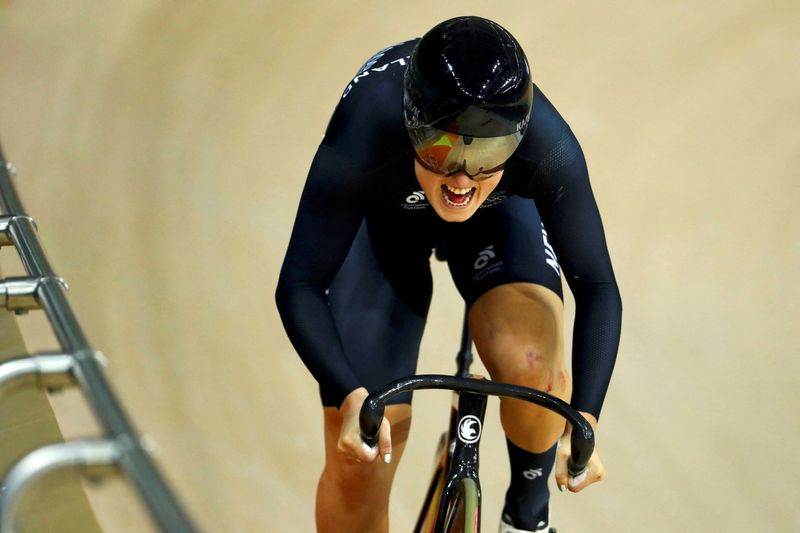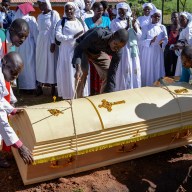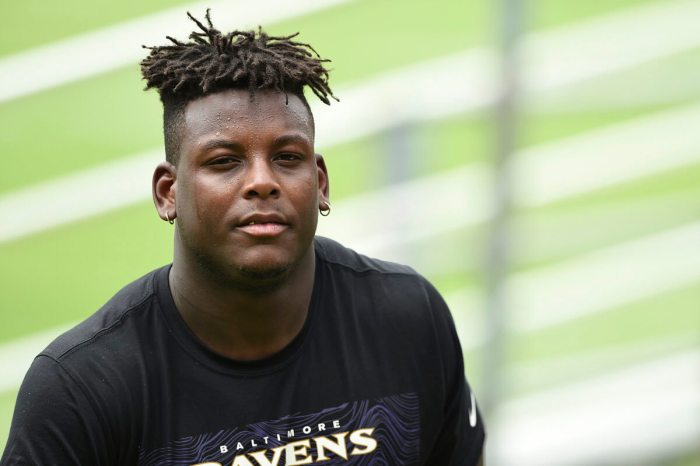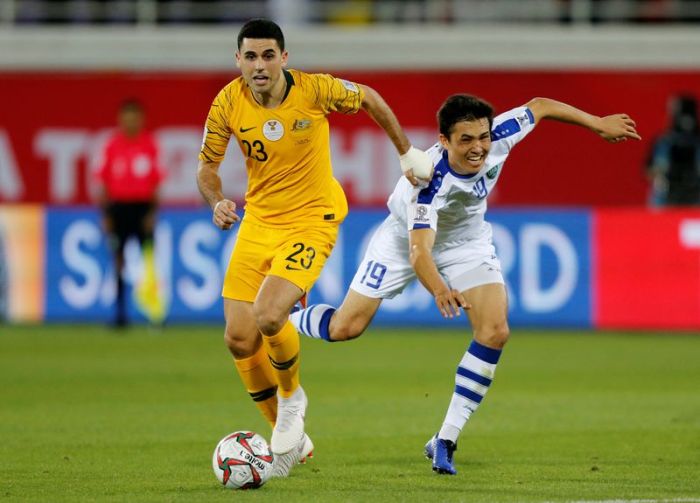(Reuters) – Cycling New Zealand (NZR) Chairman Phil Holden has apologised after an independent inquiry following the death of Olympian Olivia Podmore found the governing body failed to sufficiently support cyclists in its high performance programme.
The report https://cyclinginquiry.co.nz/wp-content/uploads/2022/05/CyclingInquiry-16May-2022.pdf published on Monday said Cycling NZ’s centralised programme in Cambridge had a sub-optimal environment and that its funding model “generally prioritises medals over wellbeing.”
It added that recommendations made after a 2018 investigation https://hpsnz.org.nz/about-us/news-media/hpsnz-committed-to-act-on-recommendations-of-heron-review into the high-performance programme of the sport in New Zealand had been enacted but said more was required to implement the policies and give them practical effect.
The review, led by QC Mike Heron and academic Sarah Leberma, was commissioned by Cycling NZ and the governing body for high performance sport in the country (HPSNZ) in August last year, after the death of Podmore at the age of 24.
“The most important finding is that a number of people have unresolved trauma from events (in) Cycling’s High-Performance Programme in 2016 and subsequently,” Holden said in a statement.
“Olivia Podmore was clearly part of that group. We apologise to the Podmore family for their loss and the hurt and grief they continue to experience.
“To the others affected we also acknowledge and sincerely apologise for the trauma that you have suffered. We would be like to be part of a process to address the trauma, if that is possible for the people concerned.”
The review also highlighted a lack of transparency regarding selection and recruitment, and said there were inadequate provisions for women’s health.
It made a number of recommendations, including having athletes at the centre of “everything (NZ Cycling) does” and taking measures to ensure its culture focuses on individual and collective wellbeing.
It also urged HPSNZ to consider whether the issues in the inquiry could also apply to other national sports organisations.
A cultural review of the New Zealand Rugby national women’s team environment in April found instances of body shaming, culturally insensitive comments and favouritism in the high performance programme.
(Reporting by Aadi Nair in Bengaluru; Editing by Ken Ferris)



















